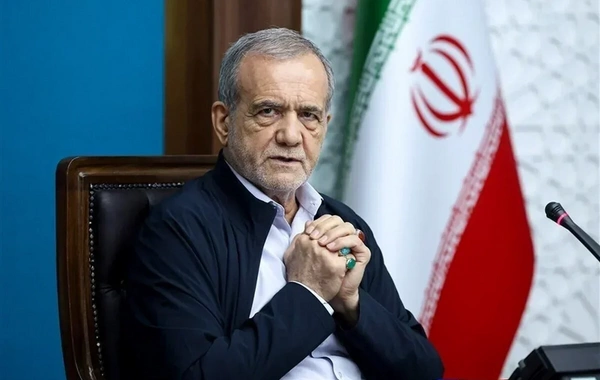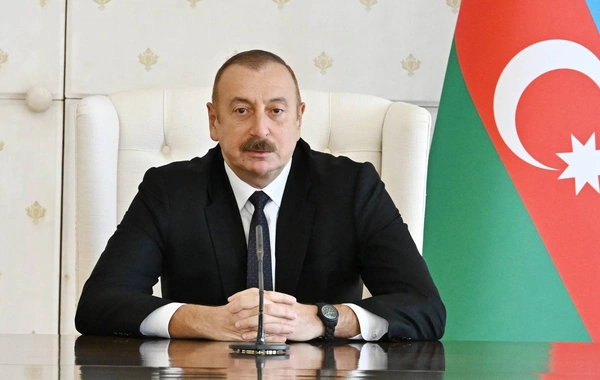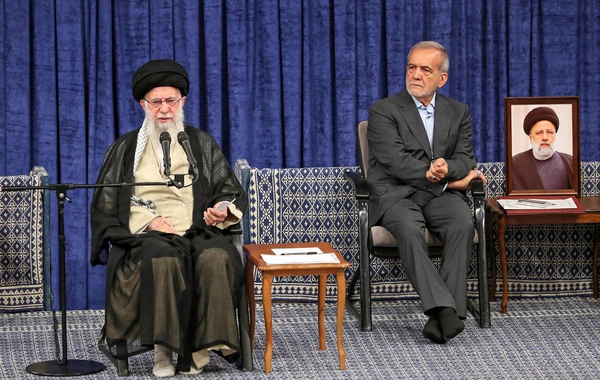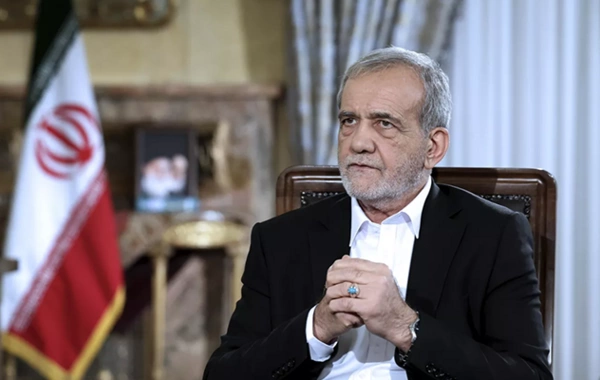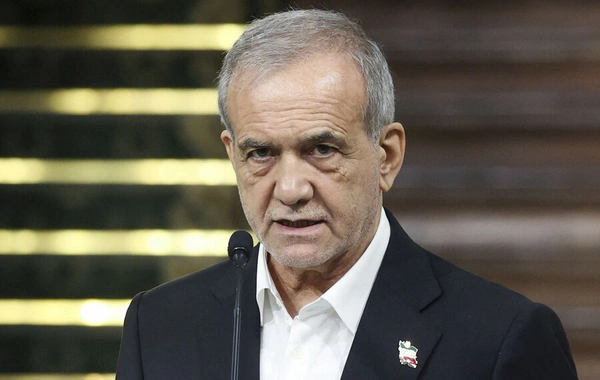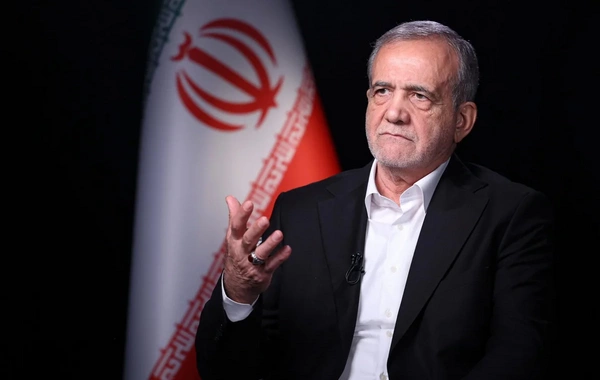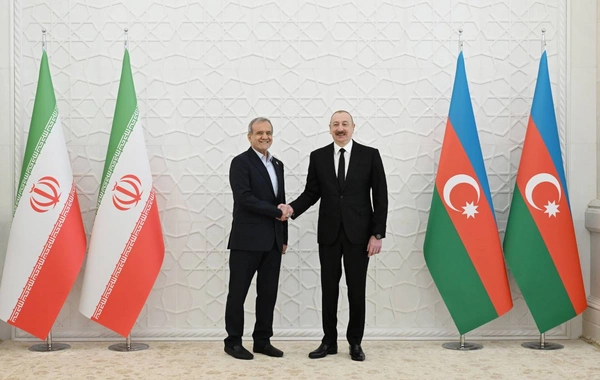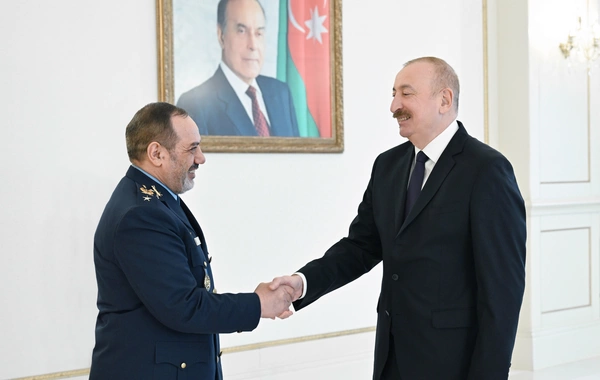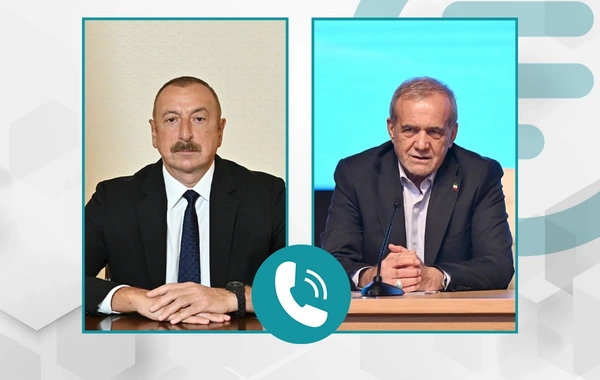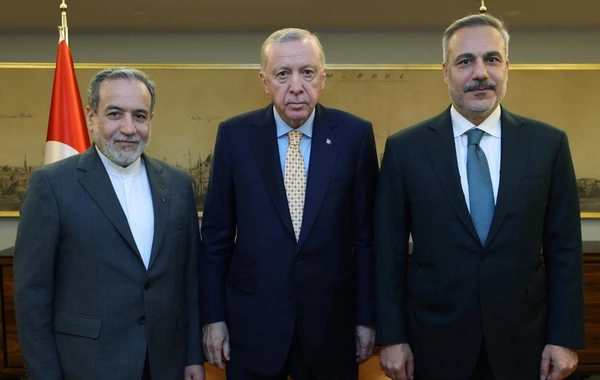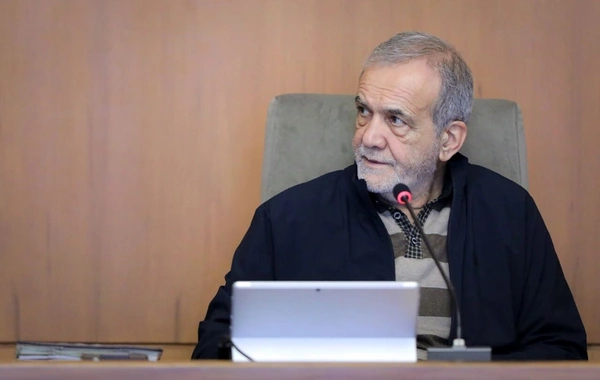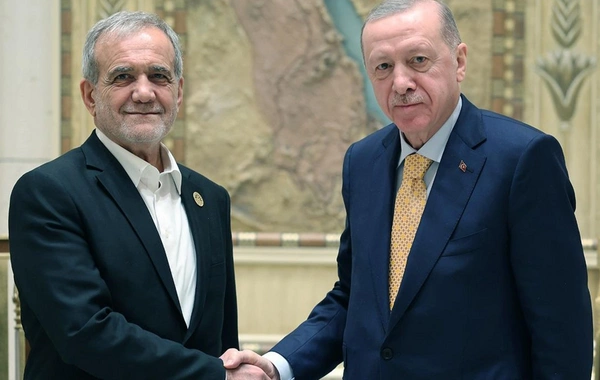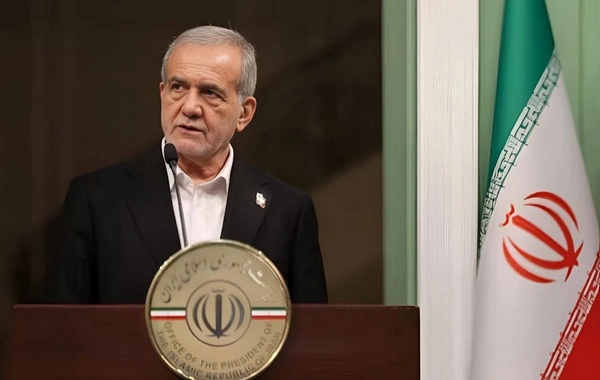Masoud Pezeshkian
Masoud Pezeshkian
Masoud Pezeshkian is an Iranian politician, cardiothoracic surgeon, and reformist who became the ninth President of the Islamic Republic of Iran in July 2024. His election as head of state following the tragic death of his predecessor in a helicopter crash garnered significant attention both domestically and internationally. Known for his moderate views and commitment to reform, Pezeshkian has emerged as a pivotal figure in Iran’s complex geopolitical landscape. This article explores his biography, political career, and recent developments.
Early Years and Education
Masoud Pezeshkian was born on September 29, 1954, in Mahabad, West Azerbaijan Province, into a religious family with Azerbaijani and Kurdish roots. His ethnic background has played a significant role in shaping his political views and gaining support among Iran’s minority communities. After completing high school in Mahabad, he graduated from the Urmia Agricultural Academy in 1973 with a degree in food industry studies. In 1975, he also completed a course in natural sciences. His interest in medicine developed during mandatory military service in Zabol, leading him to enroll at Tabriz University of Medical Sciences, where he earned a medical degree in general practice in 1985. He later specialized in general surgery in Tabriz and cardiothoracic surgery at Tehran University of Medical Sciences.
During the Iran-Iraq War (1980–1988), Pezeshkian served as a military doctor, coordinating medical teams on the front lines. This experience bolstered his reputation as a capable leader in crisis situations. After the war, he continued his medical career, becoming the president of Tabriz University of Medical Sciences in 1994 and leading a cardiology hospital in Tabriz.
Political Career
Pezeshkian’s political career began in 1997 when he was appointed Deputy Minister of Health under the reformist government of Mohammad Khatami. From 2001 to 2005, he served as Minister of Health and Medical Education, implementing reforms in Iran’s healthcare system. From 2008 to 2024, he represented the Tabriz, Osku, and Azarshahr constituencies in parliament, and from 2016 to 2020, he was the first deputy speaker of the parliament. His reformist stance, including calls for easing social restrictions such as mandatory hijab laws, made him popular among moderate voters.
In 2024, Pezeshkian won the second round of the presidential election, becoming the first reformist president in years. His campaign emphasized national unity and easing sanctions through negotiations with the West, including reviving the nuclear deal.
Personal Life
Pezeshkian has faced personal tragedy: his wife and one of his sons died in a car accident. He has three surviving children: his daughter Zahra, an analytical chemistry specialist, works in the petrochemical industry; his son Yusef, a PhD in physics, teaches at Sahand University of Technology; and his youngest son, Mehdi, is preparing to defend a dissertation in electrical engineering. Pezeshkian is known for his modest lifestyle and dedication to family values.
Latest News
In 2025, Pezeshkian is actively addressing geopolitical and economic challenges. In August, he visited Armenia to discuss strengthening bilateral ties. He also appealed to the President of Belarus for assistance in modernizing Iran’s air defense systems, drawing international attention. Domestically, his reformist party issued a statement urging a temporary halt to the nuclear program in exchange for sanctions relief, sparking debates among conservatives. Pezeshkian has expressed hope for resolving tensions with Israel, emphasizing the need for Iran’s unity. His economic initiatives focus on doubling trade with Russia and fostering regional cooperation.
Conclusion
Masoud Pezeshkian is a unique figure in Iranian politics, blending medical expertise with a reformist vision. His presidency marks a new chapter for Iran, promising reforms and global dialogue. Despite limited powers in a system where the Supreme Leader holds significant influence, Pezeshkian is pushing for change. His actions in 2025 will shape Iran’s future amid a complex international landscape.





